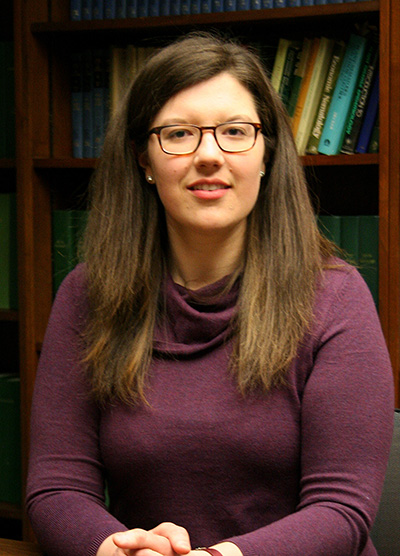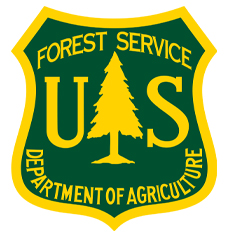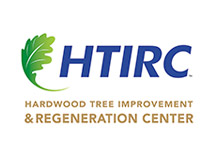Forestry & Natural Resources
Conrad Hired as Research Plant Pathologist
The Purdue Department of Forestry and Natural Resources announces the addition of Dr. Anna Conrad as Research Plant Pathologist for the Hardwood Tree Improvement and Regeneration Center (HTIRC) and NRS-14 of the United States Forest Service Northern Research Station.

Dr. Conrad will join the Purdue U.S. Forest Service unit on August 3.
Dr. Conrad comes to Purdue and the USFS after earning her bachelor’s degree in environmental biology from the SUNY College of Environmental Science and Forestry in 2010 and her master’s degree and PhD in Plant Pathology at Ohio State (2013, 2015). Currently, Dr. Conrad is a postdoctoral researcher at Ohio State.
“I am excited to join the HTIRC later this summer and work in an environment that promotes collaborative research to address tree health challenges, particularly those in the central hardwood forest region,” Conrad said.
Dr. Conrad’s research uses knowledge of the mechanisms underlying tree pathogen interactions to develop practical, field-deployable tools for improving forest health. Her interests lie in understanding genetic and biochemical mechanisms of tree resistance to pathogens. She also is focused on developing more rapid phenotyping tools (with spectroscopy and machine learning, etc.) to facilitate resistant tree breeding and disease management.
“We are thrilled to have Dr. Conrad join the Forest Service and a fantastic bonus to have her stationed at HTIRC,” HTIRC scientist Keith Woeste said. “Forest landowners, urban foresters, and forest managers in the central hardwood region know that forest diseases have been devastating, and new issues related to forest health appear continuously. Her knowledge and skill in forest disease diagnosis and resistance detection will add tremendously to our ability to respond to these threats effectively.”
The Worthington, Ohio, native, has received several awards and honors during her career, including presenting at the Melhus Graduate Student Symposium of the American Phytopathological Society in 2014. She was a recipient of the Pathogens Travel Award in 2018 and the C.C. Allison Award in 2014, and was a finalist for the ‘Ōhiʻa Challenge with the proposal “Field-based detection of rapid ‘Ōhiʻa death using spectroscopy.”
Conrad has acted as a teaching assistant for classes in general plant pathology and diseases of forest and shade trees, while also serving as a guest lecturer on “tree diseases and related subjects. She has presented on a variety of plant pathology topics at the Ohio State Fair, Scarlet and Gray Ag Day and at a meeting of the Virginia Chapter of the American Chestnut Foundation.
Conrad has been a part of 12 major publications relating to plant pathology and other plant science related subjects.
She is a member of the American Phytopathological Society (APS) and is the immediate past chair of the APS Forest Pathology Committee.








